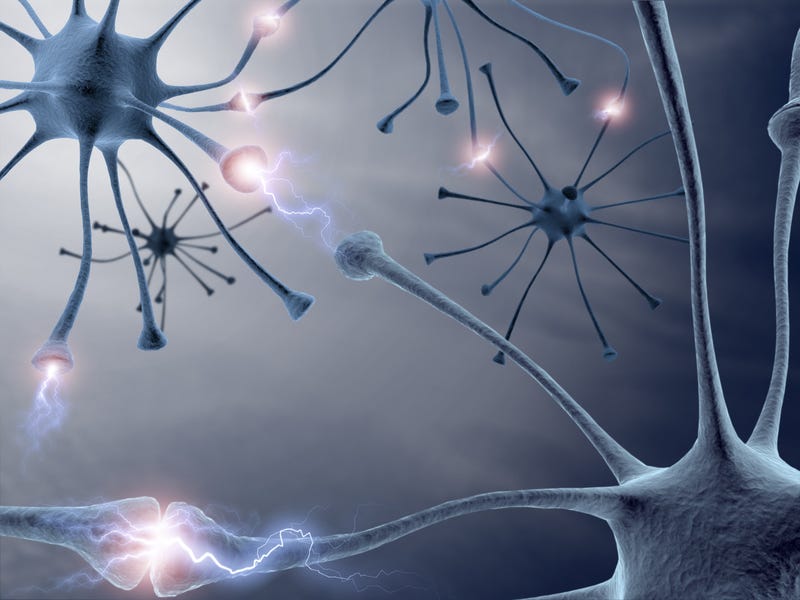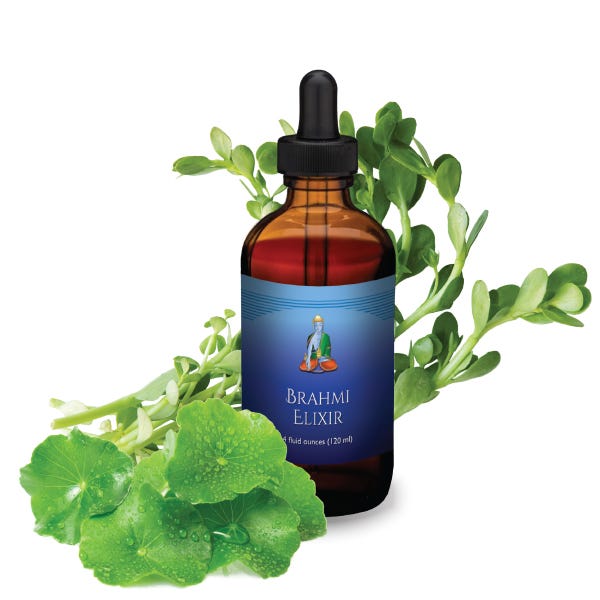In today’s world, we tend to categorize memory as either short-term or long-term, but perceptivity, IQ, and pure knowing are much harder define. I will, however, take a dive. . . as well as try to make a case for why memory should actually improve with age!
Short-term memory is a lot like RAM in a computer. If you shut down the computer, the information that was in RAM is gone. When our cognitive faculties are involved, short-term memory can be very brief, such as a string of numbers we have to enter once but is of no future use and thus gets no further attention. Usually, however, we have degrees of remembering such as how much we recall of movie we watched or lecture we attended or even a conversation we had. For all intents and purposes, short-term memory is seldom regarded as important, whether or not it disappears forever or just becomes too faint to use is a subject over which we probably do not need to invest life energy to understand.
Long-term memory is, however, another matter. It is generally archived by a more or less idiosyncratic filing system that is probably different for each individual. The files include details, opinions of the details, and links to other files that can be very interesting as well as unique to one’s personal experiences. To explore a file, we need a synaptic response so barring interference with how our nervous system works, we should have more and more navigable links as we garner more experience.
The experiences that are remembered can be social or academic, meaning we eventually mature emotionally; so we add to our understanding based interactions with others. We develop practical assessments of our world, add school and work experience as well as whatever we pursue in our leisure time. Thus, what is retained in memory vaults varies enormously from person-to-person. Memory is therefore a mixture of highly personal perceptions and the colors we add to the canvases of life souvenirs. For the same reason, we filter based on a mixture of personal bias and fact. There are obviously filters that are similar to those of other people as well as ones that might be very private and perhaps rare. For example, if we are heavily influenced by our religious beliefs, the doctrines become a filter, but one that is shared by others with similar beliefs. The beliefs are nevertheless a filter because other people might have different beliefs and therefore filter differently.
To see life as it actually is, without any filters, involves overcoming all of our biases. Usually, one has to become a sage to achieve this level of clarity.
Let’s try to make this simpler and thus clearer. Experiences that are repeated probably surface easily. Let’s say you want to make a special dessert. If you have made it many times, you might not need a cheat sheet because you can almost make the treat by rote, kind of like learning that fire is hot or paying attention to other traffic when riding a bicycle or driving a car. Anything used on the job is generally accessible so unlike final exams in school, work is often repetitive and therefore easier than academia.
Very exciting or interesting events are also often easy to remember: wonderful vacations, certain movies, dates, or celebrations. If we keep journals or photo albums that we revisit from time-to-time, memories will be activated and perhaps trigger a cascade of sentimental recalls. Memories can also get scrambled as if put in the wrong files. Lawyers know this and exploit the opportunity to discredit testimonies.
If we have a experience that is similar to one read in a book or seen in movie or heard from a third party, we may appropriate bits and pieces and splice them into our personal records. I think this occurs much more widely than imagined. For example, an individual has experienced a trauma but is uncertain about certain details, but a psychologist probes and perhaps asks questions that are actually off the mark, but they are appropriated because the correct explanation is short on details. The epidemic of gender dysphoria probably fits this narrative because it is very unlikely that so many people would jump on a bandwagon unless they were vulnerable due to inability to piece together a correct personal account of their feelings.
Improving Memory While Aging
As we experience more of life, we add impressions, information, and context to our personal memory. Little by little, dots that may have seemed random or irrelevant connect to dots that we rely upon for navigating both routine and perhaps once in a lifetime events. If all is working as it should, we have more than information: we should have knowledge and often wisdom. If we have been maintaining our nervous system and brain, our memories should actually improve with time.
Think about it. When a child is young, words are new, ideas are new, mastering skills comes only with practice and perfection so it is not just a pity to lose access to our hard-earned accomplishments, but the losses should not even occur.
In countries where Ayurveda is practiced, it is not unusual for parents to give brain tonic herbs to infants. For example, gotu kola is incredibly safe and can be juiced, added to salads, or made into medicine that is taken regularly. Mainly of the herbs that benefit memory are also anti-parasitic and some improve or repair nerve endings. Most are also antioxidants and nearly all are said to support longevity.
There are some caveats to observe. Toxic metals interfere with the proper functioning of the nervous system so, for best results, they should be eliminated before expecting miracles. Previous posts to Substack have addressed this matter. Secondly, myelin sheaths are viscous and depend on both high quality oils and buffer zones between the nerves so those who are not consuming enough liquids may erode some of the normal protective covering of nerves. Next, junk food and excessive consumption of drugs and medications may block channels used for communicating signals. Lastly, though this may remain controversial, it is likely that certain frequencies may interfere with the normal functioning of our bodies, including synaptic responses and the action of neurons. The question is probably whether we value our memories and life experiences enough to preserve them in the best condition possible. I have formulated Brahmi Elixir to help those who are at risk as well as those who treasure their memories enough to keep them accessible.
Copyright by Dr. Ingrid Naiman 2023 || All Rights Reserved
For permission to quote, please contact the author. Sharing via e-mail and posting links are welcome so long as the author and source are properly cited. Reprinting is strictly prohibited.
Image Credit:
Illustration of Neurons: Kts | Dreamstime.com






Planning to order more Brahmi Elixir! :)